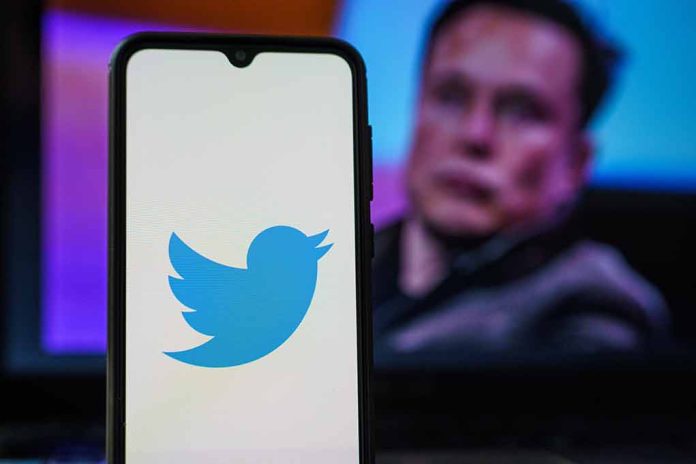
A political tug of war unfolds as Elon Musk accuses Biden of leaving two astronauts adrift on the ISS due to delays caused by Boeing’s Starliner, while the astronauts themselves deny feeling stranded.
Key Takeaways
- NASA astronauts Suni Williams and Butch Wilmore refuted claims of being abandoned on the ISS, citing their preparedness for extended missions.
- Elon Musk accused the former Biden administration of delaying their return for political reasons.
- SpaceX launched the Crew Dragon capsule to aid the astronauts, but NASA cited logistical challenges for the delay.
- The astronauts are expected to return on March 19, with Musk promising a four-week timeline for rescue.
- The debate highlights the intersection of space exploration logistics and political dynamics on federal policies.
Astronauts Deny Being Stranded
NASA astronauts Suni Williams and Butch Wilmore have publicly countered claims that they were left stranded aboard the International Space Station (ISS). In a CNN interview, the astronauts expressed they do not feel abandoned, stuck, or stranded, emphasizing their readiness for extended missions. Their statements come after accusations made by prominent figures like Elon Musk and Donald Trump.
In an interview with USA TODAY, Wilmore highlighted their preparedness and commitment to the mission. The astronauts insist they remain focused on their tasks and experiments. This self-assurance aligns with NASA’s clarification that the astronauts are trained for prolonged space missions. The astronauts’ sentiment indicates their trust in NASA’s decisions regarding their safety and return.
Boeing Starliner Delays
The Boeing Starliner’s failure to conduct a successful return mission has resulted in extended space time for the astronauts. NASA determined the Starliner capsule was unsafe for human return, which led to plans for an empty return to Earth. The astronauts were initially scheduled for an eight-day mission, yet remain aboard the ISS for 258 days due to logistical and safety challenges in planning their return.
Elon Musk, via social media and interviews, criticized the Biden administration and attributed the delay to political reasons. His statements underscored a complex discourse intertwining space exploration logistics with political narratives. Despite the criticisms, NASA has revealed plans for the astronauts to return as early as March 19. This statement aligns with Musk’s commitment to see the astronauts’ safe return within the next four weeks.
Political Nuances in Space Exploration
The situation has sparked debates on the implications of federal space budgets and political influences on space exploration objectives. The collaboration between Elon Musk and Donald Trump aimed at speeding up the crew’s return has emphasized the role of private enterprises in collaboration with public sector efforts. Their discourse on the need for an efficient governmental role in such projects is central to ongoing talks.
As the debate continues, it highlights the fine line between political narratives and operational necessities in space missions. Regardless of political claims, the astronauts have showcased resilience, readiness, and an indomitable spirit throughout the extended mission aboard the ISS.





